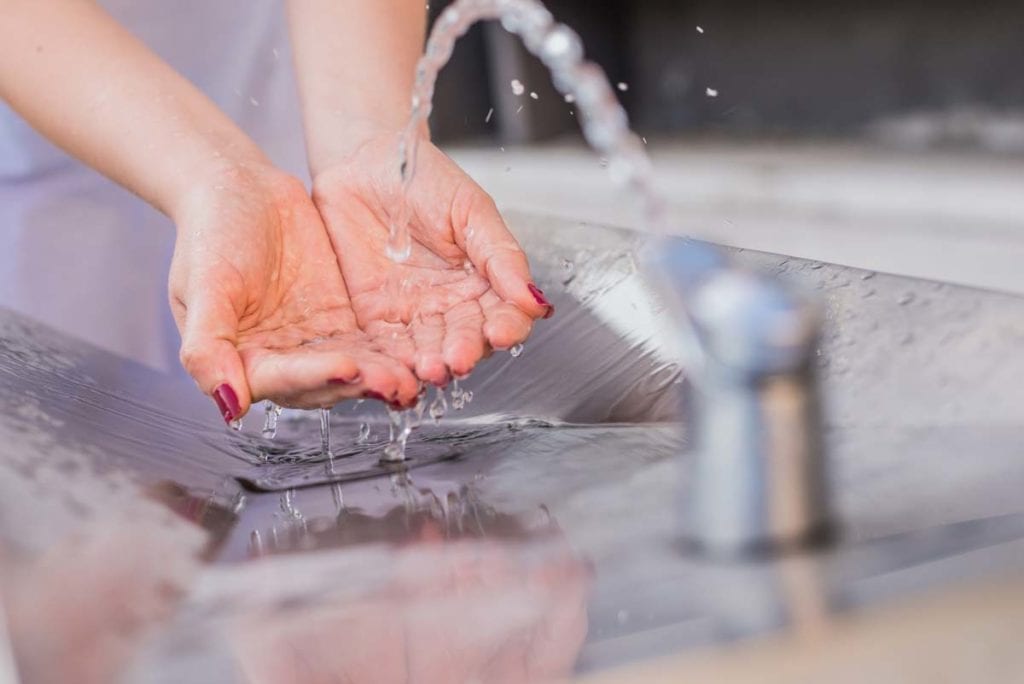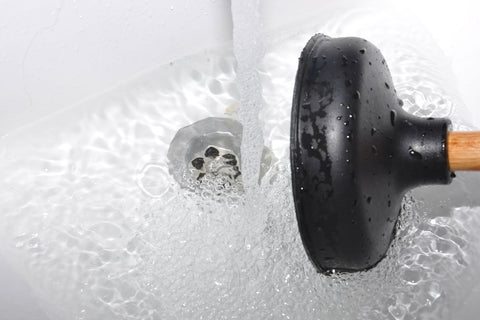Just how do you really feel in relation to Winterizing Your Pipes?

All house owners that live in pleasant climates have to do their ideal to winterize their pipes. Failure to do so can lead to calamity like frozen, split, or burst pipelines.
Activate the Faucets
When the temperature declines and it seems as if the icy temperature will last, it will aid to switch on your water both inside and outdoors. This will certainly keep the water flowing via your plumbing systems. In addition, the movement will certainly decrease the cold process. Notably, there's no need to transform it on full blast. You'll wind up throwing away gallons of water in this manner. Rather, go for about 5 drops per min.
Open Cupboard Doors Hiding Plumbing
When it's chilly outside, it would certainly be valuable to open up closet doors that are camouflaging your pipelines. Doing this small trick can maintain your pipelines warm and restrict the possibly unsafe results of freezing temperature levels.
Require Time to Wrap Exposed Pipeline
One great and simple hack to heat up icy pipelines is to cover them with warm towels. You can additionally use pre-soaked towels in warm water, just do not fail to remember to use protective gloves to safeguard your hands from the warmth.
Attempt a Hair Clothes Dryer or Warm Gun
When your pipes are practically freezing, your trusty hair dryer or warmth weapon is a godsend. If the warm towels do not aid remove any clearing up ice in your pipes, bowling hot air straight into them might help. Do not use other items that produce direct fires like an impact torch. This can result in a bigger catastrophe that you can not regulate. You may end up damaging your pipes while trying to melt the ice. And also over time, you might also wind up melting your residence. Be careful!
Shut Off Water When Pipelines are Frozen
Turn off the major water shutoff quickly if you discover that your pipelines are completely icy or nearly nearing that phase. You will typically find this in your cellar or utility room near the heating system or the front wall closest to the street. Turn it off immediately to stop more damage.
Don't neglect to shut exterior water sources, as well, such as your hookup for the garden home. Doing this will stop added water from filling your plumbing system. With more water, more ice will load up, which will eventually lead to burst pipelines. It is best to call a professional plumber for an assessment if you are unsure concerning the state of your pipelines this winter season. Taking this aggressive method can conserve you thousands of dollars in repairs.
All property owners that live in pleasant environments need to do their ideal to winterize their pipes. Failure to do so can spell calamity like frozen, broken, or ruptured pipelines. If the warm towels do not help remove any type of settling ice in your pipes, bowling warm air directly right into them may assist. Turn off the main water valve instantly if you notice that your pipes are completely icy or practically nearing that phase. With even more water, more ice will pile up, which will eventually lead to break pipes.
PREVENT YOUR PIPES FROM FREEZING THIS WINTER
A Leading Cause of Property Damage
When the weather is taking a deep nose dive into the cold dreary days, the risk of your pipes freezing and potentially bursting skyrockets. Unfortunately, during these cold dreary months, burst pipes are the most common denominator for property damage. The pipes that are most at the risk are those that are in areas where it is most cold in your home. For instance, pipes located in interior places such as basements, attics, and your garage. Unfortunately, that doesn’t mean that the pipes running through your cabinets or exterior walls can’t freeze. Good news, however, is that you can do things to help prevent pipes from freezing.
How to Prevent Pipes From Freezing
Once the temperature starts to drop during the winter, you should be taking the proper measures needed to ensure that your pipes stay warm and that there is circulation of water through them. Some steps that experts may recommend could go against your better judgement when it comes to saving water and heat. However, it would go without saying that when expenses are compared, damaged pipes could put a bigger dent in your wallet than a water bill.
What Can I Do?
Keep your garage door closed. This is very important, especially if you have water supply lines running through your garage. Open your kitchen and bathroom cabinets to allow warm air to circulate through them. Allow air circulation throughout your home. Keeping the interior doors open will once again allow the warm air to circulate inside your home. Ensure your thermostat is running the same temperature throughout the night and day. If you plan to be away from home during the cold months, set your temperature no lower than 55° F. This should provide enough heat to keep the pipes warm and prevent any remaining water inside the pipes from freezing. For more of a long-term solution, add insulation to attics, basement, and other crawl spaces around your home. By allowing your faucet to drip, it will alleviate pressure in the system. This is important because the pressure that is created between the blockage and the faucet can potentially cause the pipes to burst. Allowing the faucet to drip will prevent the pressure from building up, therefore keeping the pipes from bursting. Seal any cracks, openings, and crawl spaces around your home to prevent cold air from coming inside. This keeps your pipes-not to mention your home-warmer and less susceptible to issues caused by freezing temperatures. For the pipes in your home that are easily accessible, applying electrical tape to them might prevent them from freezing over. This is a quick fix, as you can apply the tape directly to the pipe. There are two options for heating tapes. One turns on and off by itself when it senses heat is needed. The other type of heating tape needs to be applied when heat is needed and removed when not necessary. If you have exposed pipes in your home, you can check this website to take a look at a few options that would be available at a shop near you.

We were made aware of that write-up on Prevent Freezing and Bursting Pipes from a good friend on a different website. Sharing is good. Helping people is fun. We take joy in reading our article about How to Prevent Frozen Pipes.
Best plumbers, one call away.